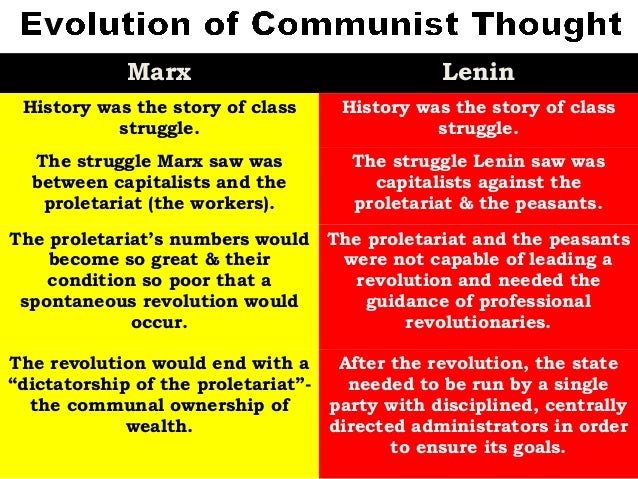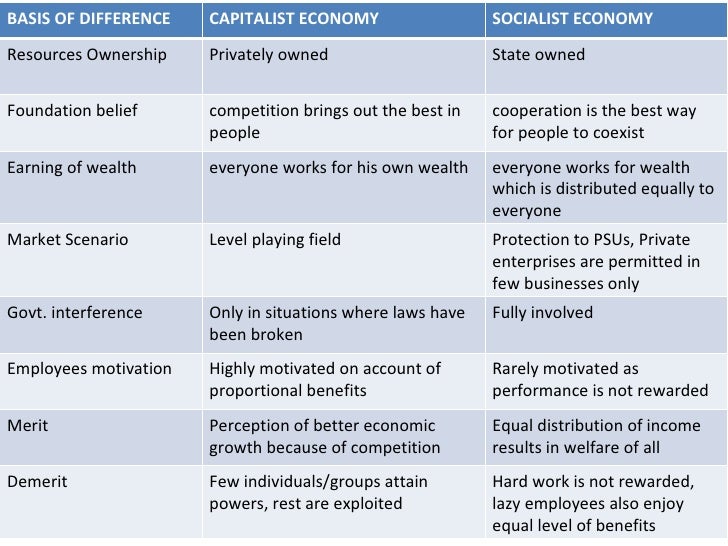

First was the mention of man’s colonization and industrialization of nature. In reading this essay, there are a few things worth noting. They predicted, “… the victory of the proletariat … inevitable.” The constant struggle between classes led Marx and Engels to suggest that the proletarians’ growing numbers and strength of their movement would lead to the eventual downfall of the upper-class capitalists that the average laborer would emerge from turmoil and regain a state of equality in society.

So, not only was the bourgeois in conflict with the proletariat, it was also in conflict within its own population. The most interesting part of the essay is where the authors allude to Conflict Theory. (Wadsworth, 2011) However, as the development of industry continued the proletariat formed unions, which grew not only in number but in strength. These laborers were looked at as “appendages” of their machines, paid only enough to sustain themselves.

The proletariats, on the other hand, were in fact created from the oppression of the capitalists. Other evils of the bourgeois included the concentration of property into the hands of a few, shrinking of family size, and destroying and polluting nature. (Wadsworth, 2011) Furthermore, the authors tell us that the bourgeois consumes other countries, causing unindustrialized countries to become dependent upon those that are industrialized. The authors state that the bourgeois were egotistical, tossing aside “the most heavenly ecstasies of religious fervor, of chivalrous enthusiasm,” and that they decreased the value of the individual worker, turning those who had previously held positions of prestige into mere wage-earners, simply because the bourgeois cared more about money.


 0 kommentar(er)
0 kommentar(er)
